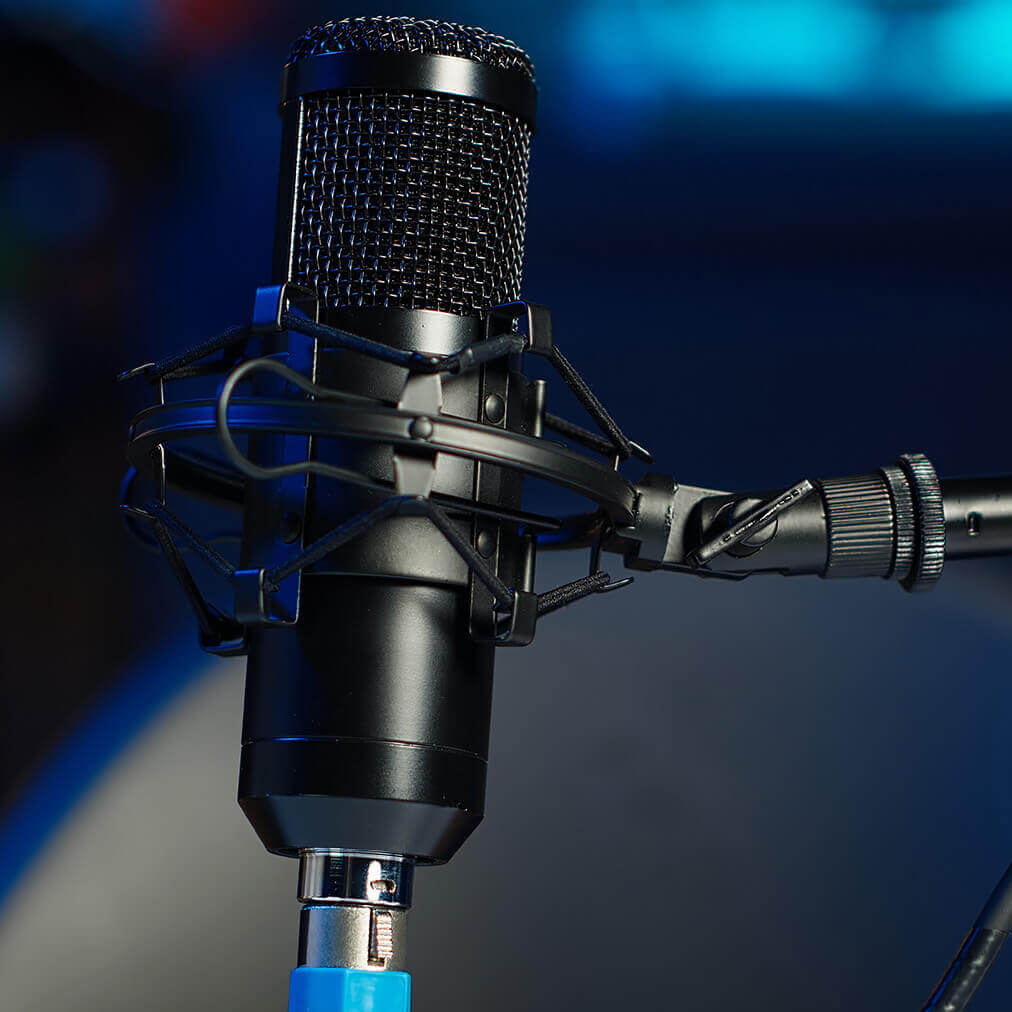Access our collection of MedTech resources, including white papers, case studies, webinars, and more. Use the filters to find exactly what you need.
Device Advice Podcast by RQM+
Tune in to hear RQM+ experts and special guests discuss industry updates, best practices, and challenges relevant to MedTech professionals. Subscribe on Spotify, Apple Podcasts, and other platforms.

There are no resources to display.
